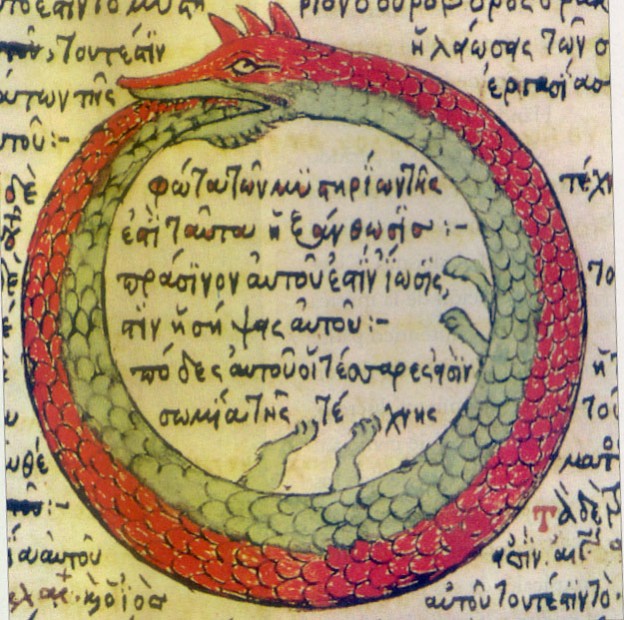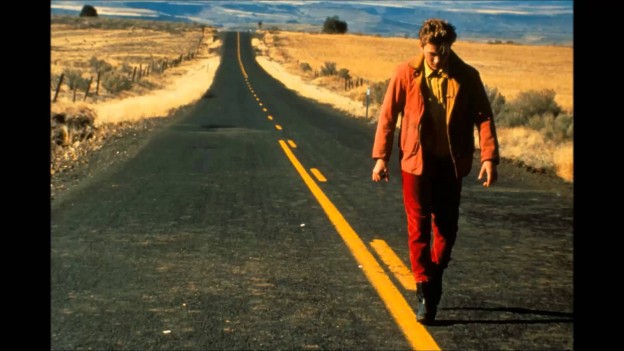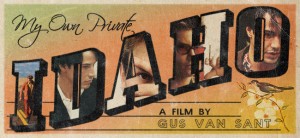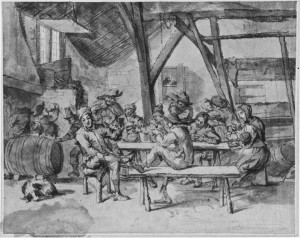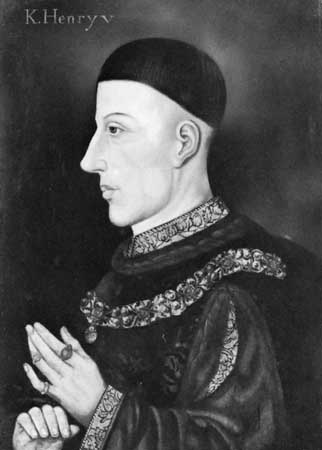What happens when a character’s language cannot be spoken
but can be communicated visually?
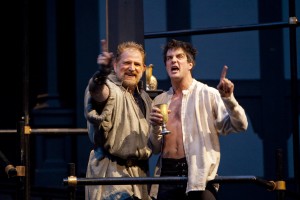
Henry Seago as Poins in 1 Henry IV (OSF, 2010).
This is one of the first questions Michael W. Shurgot asks in his analysis of the translation of a particularly “tricky” language to use in a Shakespearean play: American Sign Language (ASL). Whereas American-English speaking actors can “translate” Shakespearean language through enunciation and the use of American accents, it becomes extremely difficult when there is no Shakespearean era equivalent to the language a character is trying to use. This was the predicament actor Howie Seago found himself in when he was cast as Poins in the production of 1 Henry IV at the 2010 Oregon Shakespeare Festival (OSF). Continue reading

